
This weekend, thousands of rugby fans across Scotland will spend time watching their compatriots tackle Italy at Murrayfield in the Guinness Six Nations Championship as the tournament reaches its climax.
The vast majority of supporters will be good-natured and passionate about their team, whether inside the stadium or in a plethora of pubs and bars across the nation as they slake their thirst with a Famous Grouse or a pint of Heineken, Carling or Guinness itself; brands which have invested heavily in sports competition down the years.
But now, serious questions are being asked about the correlation between alcohol and advertising, whether it be in sport, the arts, or in wider society. And Scotland, a country which has had a chronic problem for decades, if not centuries, with excessive drinking and all the social and health problems it causes, is trying to tackle a situation where there were 1,245 alcohol-specific deaths registered in 2021 – 5% more than in 2020.
Consultation launched last year
A Scottish Government consultation on Restricting Alcohol Advertising and Promotion was launched late last year, provoking a wide range of responses from both sides of the divide, including those who witness the appalling impact of alcoholism on so many families and those who argue that the measures will seriously damage the hospitality sector, which is already struggling with a cost-of-living crisis and other problems.
Some of the proposals would prevent alcohol from being advertised on television, outdoor billboards and through sports and events sponsorship. There is also a suggestion that distilleries and breweries will be prevented from selling branded merchandise. And the reaction from the business lobby has been vociferous.
Fergus Mutch, policy adviser for Aberdeen and Grampian Chamber of Commerce, told The Press and Journal: “While we understand that these plans are just proposals at this stage, governments usually seek views on what they are likely to implement rather than on all the possibilities available to them – so perhaps inevitably, the scope of this consultation has set hares running.
“The severity of these proposed restrictions on alcohol advertising and promotion could potentially impact on a huge number, and a wide variety, of the 1,200 organisations that AGCC count among our membership. These include drinks producers, sports clubs, venues, retailers big and small and many more besides.
These measures are disproportionate
“While we don’t deny Scotland has a stubborn and historically poor relationship with alcohol, these measures would be wildly out of proportion as public health interventions. They would impact heavily upon business, at huge cost, at a time of huge pressure off the back of a global pandemic.
“Perversely, they could prevent drinks companies from sponsoring sports clubs and, in turn, reduce the number of people reaping the health benefits of exercise.”
The sale of alcohol contributes 4.9% to the Scottish economy (£8.1bn), around 60% of which comes from whisky exports. Furthermore, around 60,000 hospitality jobs in Scotland are directly reliant on the alcohol industry.
In response to the Government proposals, firms including Diageo and Whyte & Mackay joined Budweiser and Tennent’s in signing an open letter to Holyrood ministers, sending the message: “Don’t destroy Scotland’s drinks industry”.
Yet, the counter-arguments have been employed with equal vigour. Public Health minister Maree Todd is among those who have pointed out the endemic costs to the NHS, social services and thousands of families as a consequence of alcohol abuse.
Scotland’s troubled relationship with drink
The SNP MSP said: “Scotland has a deep, long-standing and troubled relationship with alcohol. In 2020, Scots bought enough alcohol for everyone aged over 16 to drink 18 units of alcohol every week (which was 28% more than the UK Chief Medical Officers’ lower-risk guidelines of 14 units per week).
“High levels of consumption cause a range of harms. An average of 700 people are hospitalised and 24 people die every week from illnesses caused by drinking alcohol. Each one of these deaths is tragic and entirely preventable.
“Alcohol-related harm is one of the most pressing public health challenges that we face in Scotland. We have taken a number of actions to prevent and reduce this, including our world-leading minimum unit pricing policy, the reduction of the drink-drive limit and the multi-buy discount ban.”
Labour MSP, Monica Lennon, has ample knowledge of the damage which alcohol can cause, not least because it happened in her own family to her father, Gerard, and she has never forgotten the pain of asking him not to attend her own wedding.
Ms Lennon first spoke about her dad’s drink-related death during First Minister’s Questions at Holyrood in 2017 and, from her perspective, doing nothing about Scotland’s fraught and fractious fascination with alcohol is not an option.
Let’s have a civilised conversation
She told me: “The Scottish Government is right to look at the big picture and we need to have a conversation, but it’s not an easy issue, because we are up against Big Alcohol, and there are lots of vested interests who don’t want anything to change.
“A lot of this is based around prevention and it is unapologetically aimed at younger people. The fact is that Scotland has an unhealthy relationship with alcohol and the social impact, the health impact, the cost of doing nothing is very high to taxpayers.
“I remember hosting an event at the Scottish Parliament with young people and it was disturbing how many of them knew about the different brands of alcoholic drinks.
“Surely children should be allowed to grow up without alcohol in their lives?”
Concerns over proposals
Yet there doesn’t appear to be a lot of common ground in this debate. Many will agree with the idea of reducing the amount of alcohol advertising on our TV screens and around major sporting events, but there’s no consensus on how much is too much.
Mike Duncan, the development manager of the Federation of Small Businesses in the north-east, believes the proposals, if enacted, would be a fresh blow to his members.
He said: “The Scottish Government’s proposals to severely restrict the sale and promotion of alcohol in Scotland could not come at a worse time for hard-pressed small businesses [in the region]. If implemented, they would increase costs, restrict markets and have negative impacts way beyond the licensed trade and drinks industry.
“While the consultation was seeking to tackle a recognisable problem in Scottish society, if even some of the suggested solutions it contains were implemented, there would be significant unintended consequences for local businesses of all kinds.
“You only have to look at the Deposit Return Scheme debacle to see the consequences of not taking the real-world impacts of policy changes into account at the earliest stage.
“We are asking the Scottish Government not to proceed with these disproportionate, damaging and restrictive proposals.”
The culture has to change
However, sticking with the status quo is likely to create a new generation who grow up with alcohol as part of their daily lives, whether or not they want it.
As Ms Lennon said: “We need to change the conversation around alcohol. There is legislation, policies and funding that can help, but the culture has to change.”
Whether it can be done in a sober manner remains to be seen.
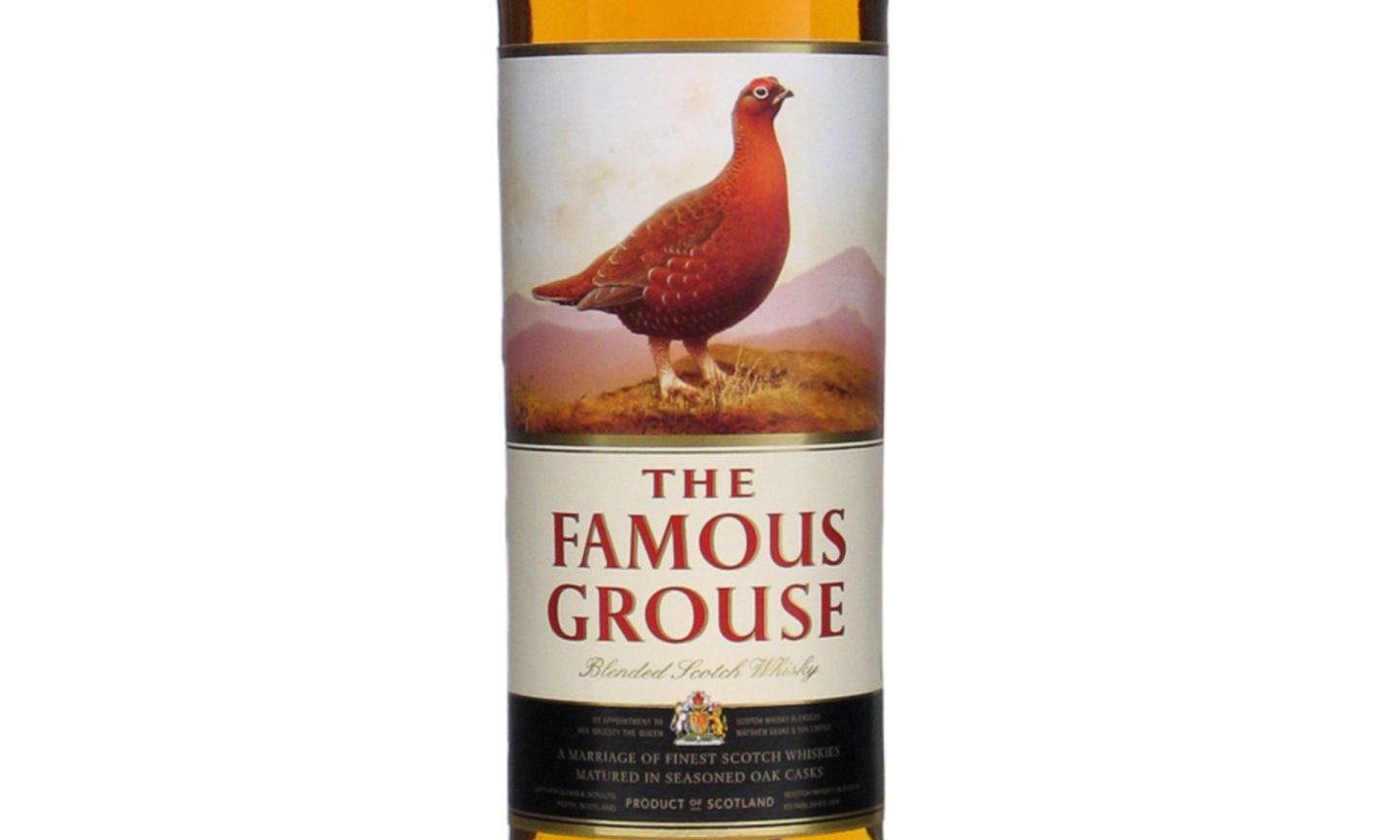

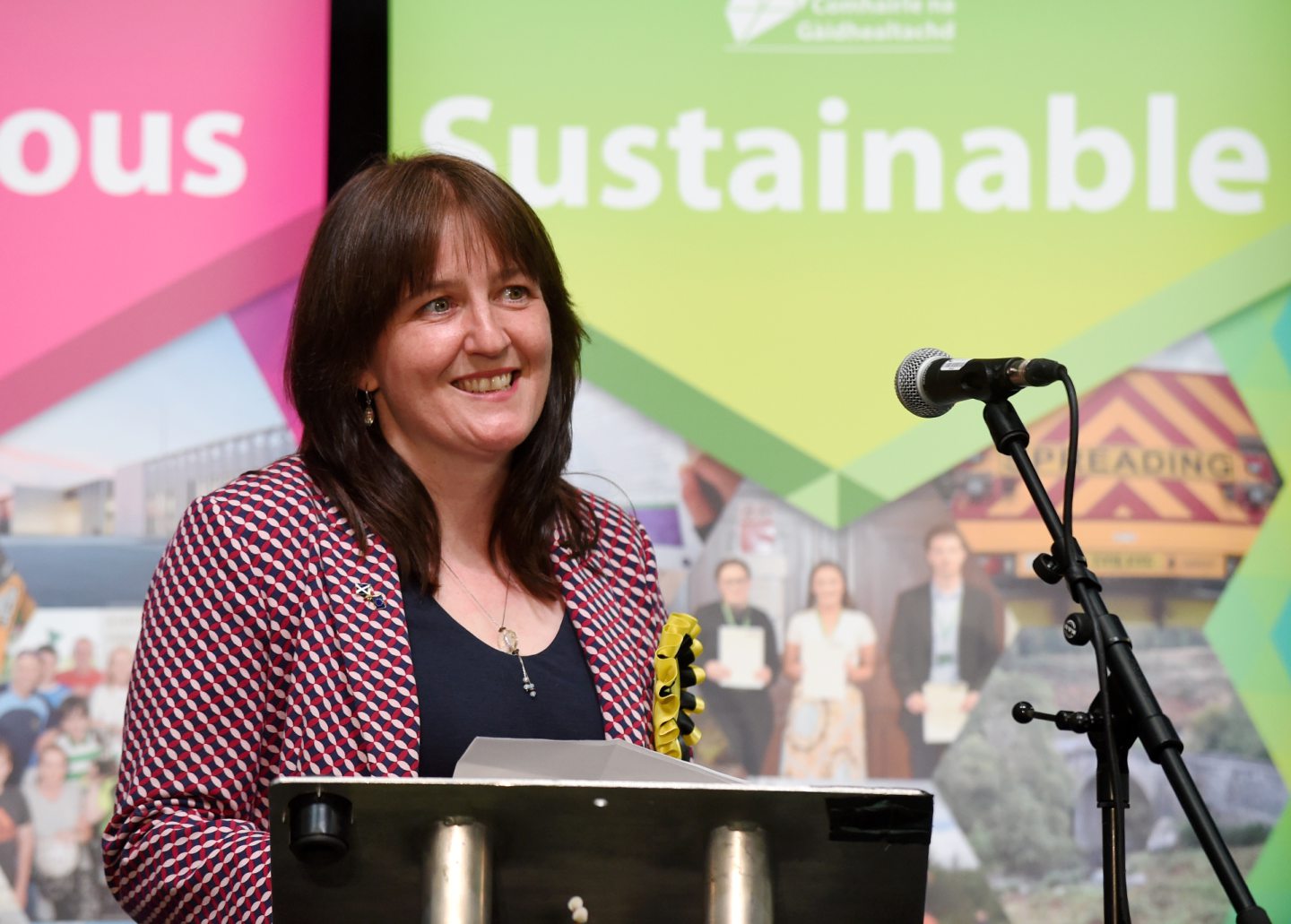
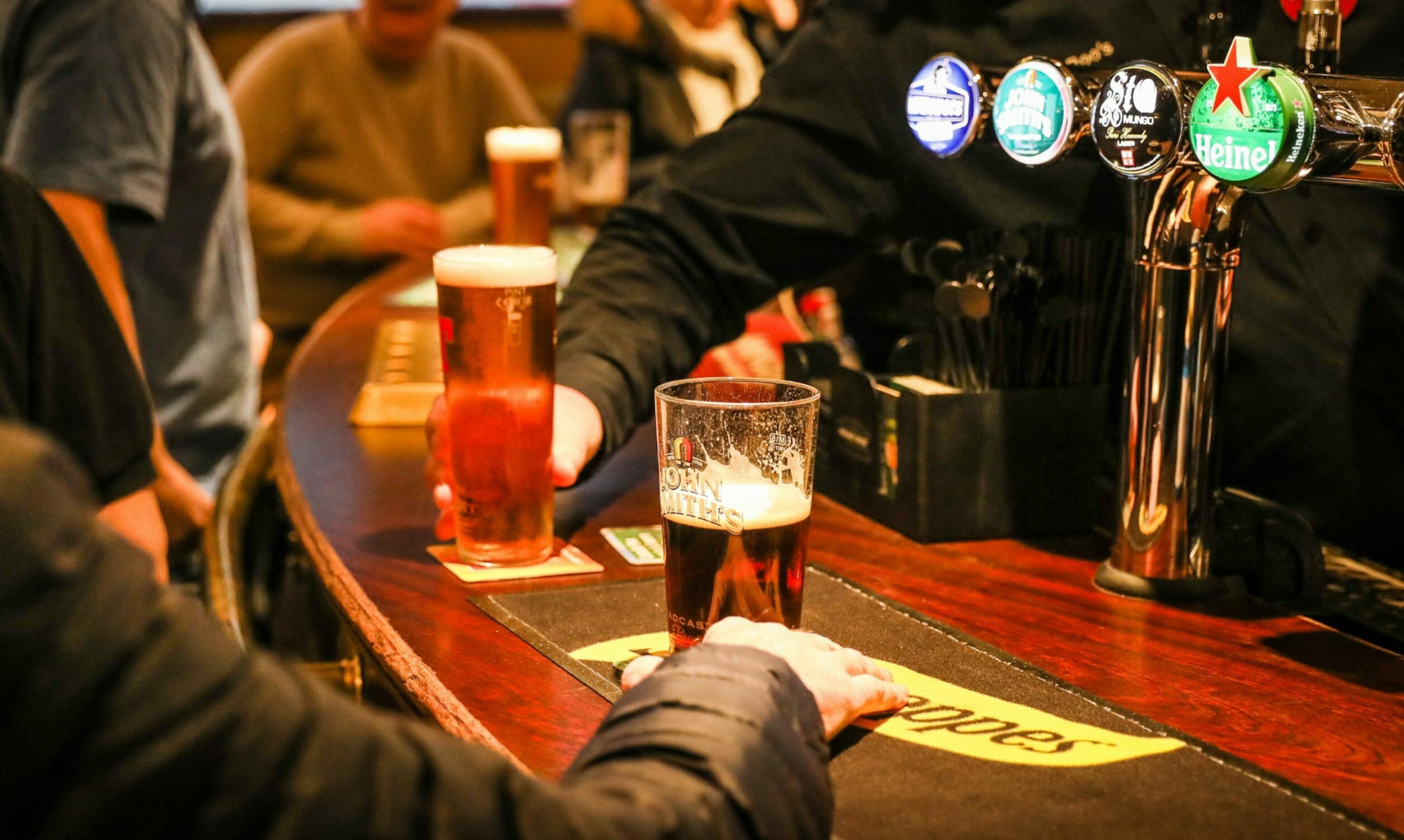

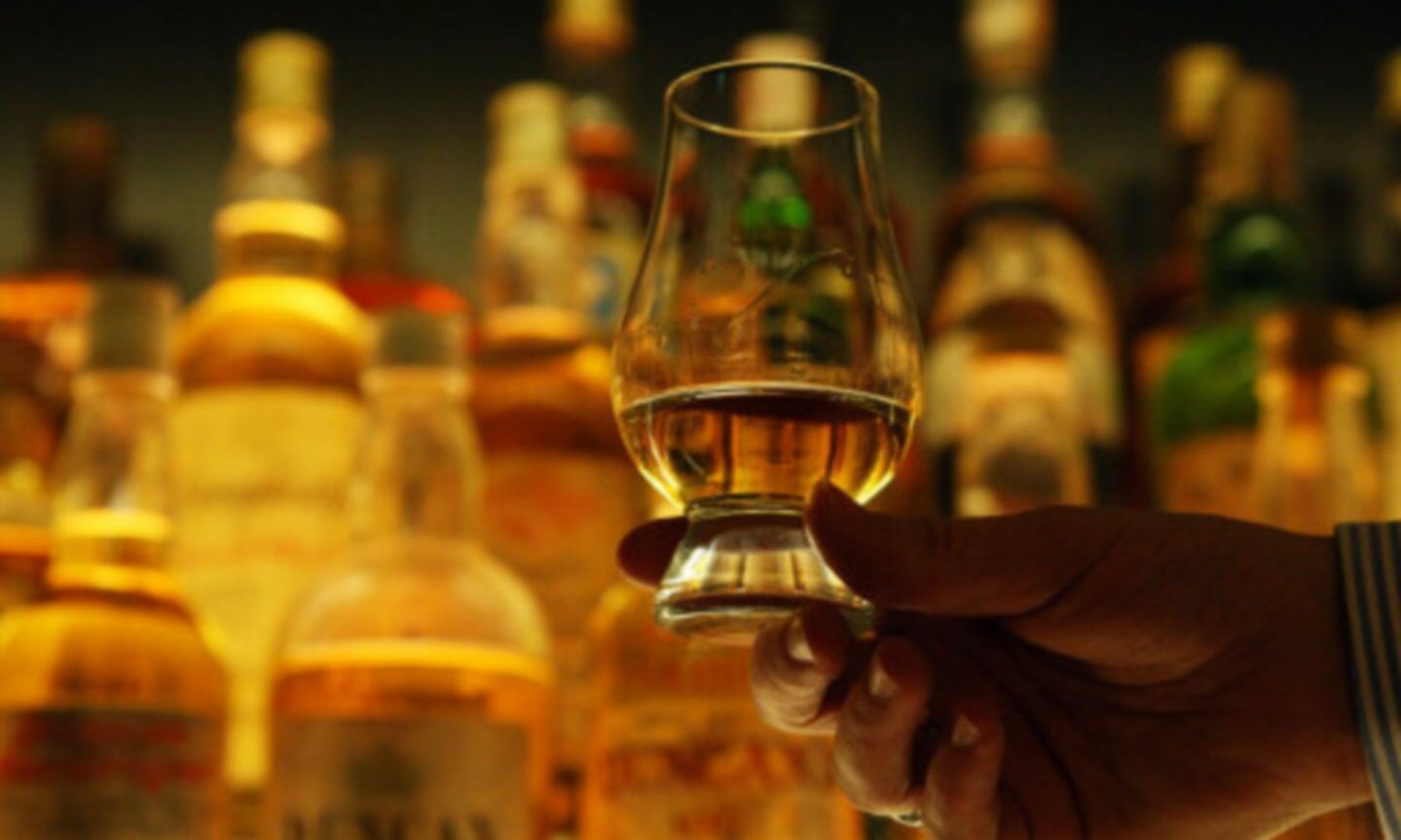
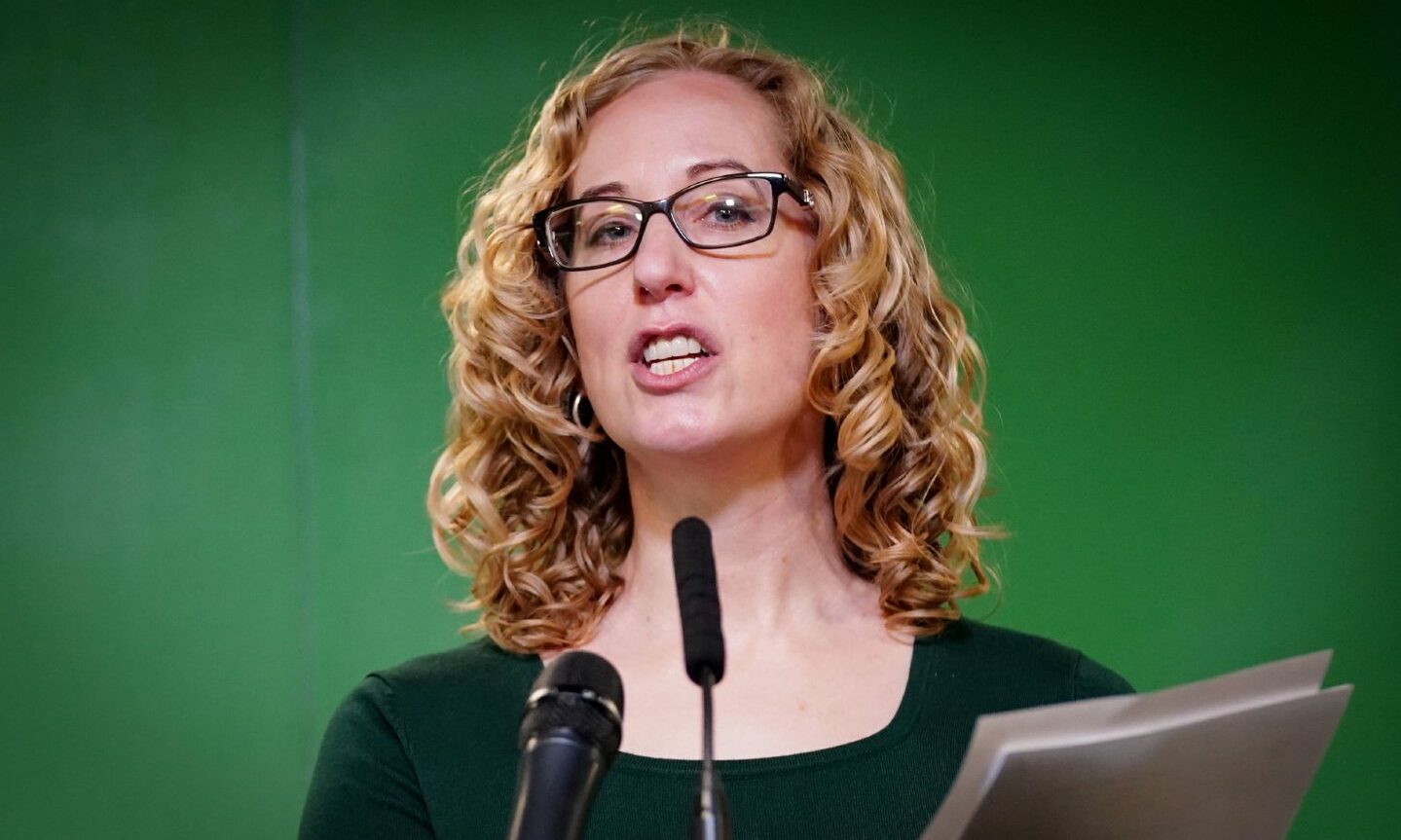
Conversation